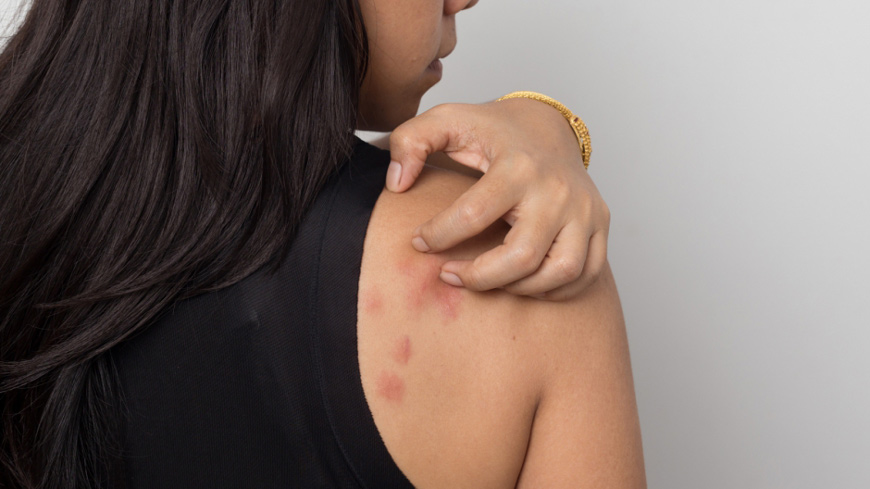A study by the European Network of Official Cosmetics Control Laboratories (OCCLs) indicates that some cosmetic products sold throughout Europe still contain excessive levels of allergy-inducing fragrances. Results showed that 7.7% of samples were non-compliant with legislative requirements due to a missing or false declaration of allergenic fragrance compounds and that 3.1% of products marketed as “perfume-free” contained fragrance compounds. This study was co-ordinated by the European Directorate for the Quality of Medicines & HealthCare (EDQM) of the Council of Europe as part of its effort to enhance proper market surveillance in Europe.
The most common problems related to the allergenic fragrances found in this study were the presence of linalool, benzyl alcohol and limonene, which Regulation (EC) No. 1223/2009 (the Cosmetics Regulation)[1] requires to be listed on labels when present above certain thresholds. Regarding perfumes, 41% of tested samples contained allergenic compounds, making this class of cosmetic the least compliant with legislative requirements.
The samples were also checked for compliance with other requirements than those for allergenic fragrances: 12.7% of samples were non-compliant, for reasons such as incorrect labelling or misleading claims. Other problems were related to preservatives not in accordance with the Cosmetics Regulation, to high cadmium content or to the presence of mineral-oil compounds (in lip care products). Two samples also had to be classified as unsafe products: a body lotion containing a prohibited substance (iodopropynyl butylcarbamate – IBPC) and one skincare product sold online which was found to present microbiological contamination.
Susanne Keitel, Director of the EDQM/Council of Europe, stressed the importance of market surveillance: “Ensuring compliance of cosmetic products is key to avoiding potential health risks. The problems revealed by this study demonstrate the continuing need for close co-operation between Official Cosmetics Control Laboratories, in the interest of public health in Europe”.
The presence of fragrance compounds in skincare products and other cosmetics, combined with false claims by manufacturers who market their products as “perfume-free”, presents a danger to consumer health and safety. Fragrance compounds may cause serious allergic reactions; in response, consumers may opt for “perfume-free” products, relying entirely on manufacturers’ marketing and labelling claims. Allergenic fragrance compounds are among the main causes for skin sensitisation and correct labelling is a prerequisite for preventing allergic reactions.
This market surveillance study, which aimed to assess compliance of cosmetic products with European legislation governing their safety, labelling and claims, was conducted between 2018 and 2020. In total, 932 samples of cosmetics, such as skin, hair and lip care products, as well as deodorants and perfumes, were tested for the presence of 24 allergenic fragrance compounds. Some 544 of these samples were from products marketed as “perfume-free”. Samples were collected in eight countries at various stages of the distribution chain (manufacturer, customs, retail, internet, etc.). The majority of these products (85%) had been manufactured in Europe and overall 34 different countries of production were identified.
The European Network of Official Cosmetics Control Laboratories (OCCLs) is a network of specialised laboratories whose work is co-ordinated by the EDQM. In line with the EDQM’s mission of supporting public health protection in Europe, the work programme of the OCCL Network lays the ground for laboratories to strengthen market surveillance and improve product compliance by enhancing testing capacity and promoting co-operation, cross-border mutual assistance, information and data sharing. More than 50 OCCLs participate in regular network activities, including laboratories in 21 member states of the European Union.
See also:
- Network of Official Cosmetics Control Laboratories (OCCLs)
- OCCLs in practice, their work and experience
- OCCLs: analytical methods, guidance documents and studies
1. Regulation (EC) No. 1223/2009 of the European Parliament and of the Council of 30 November 2009 on cosmetic products.




